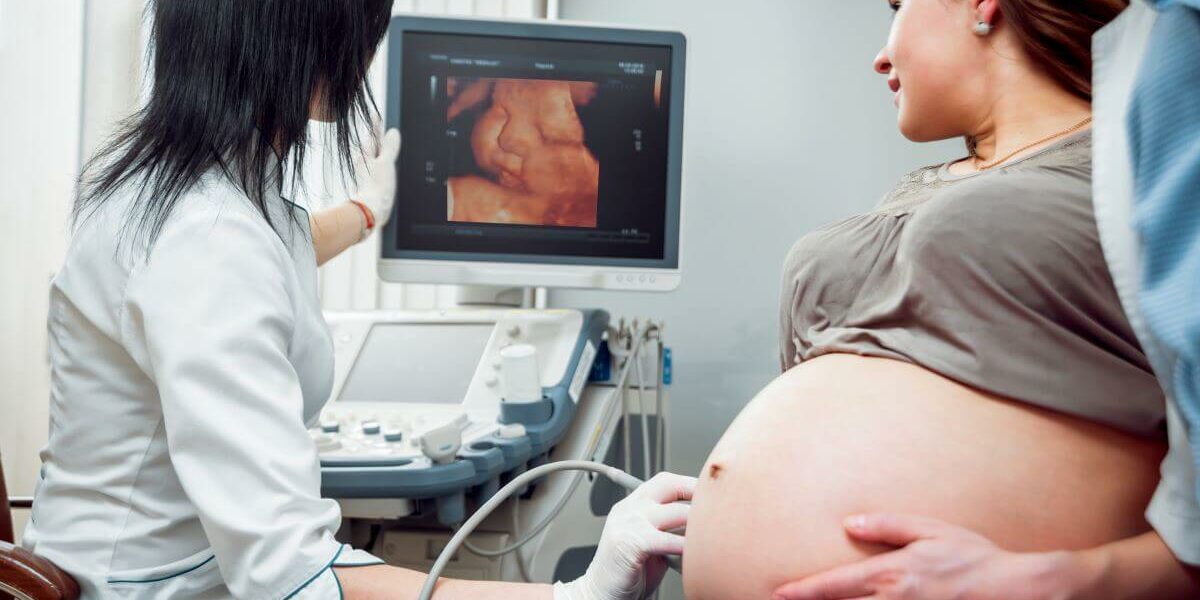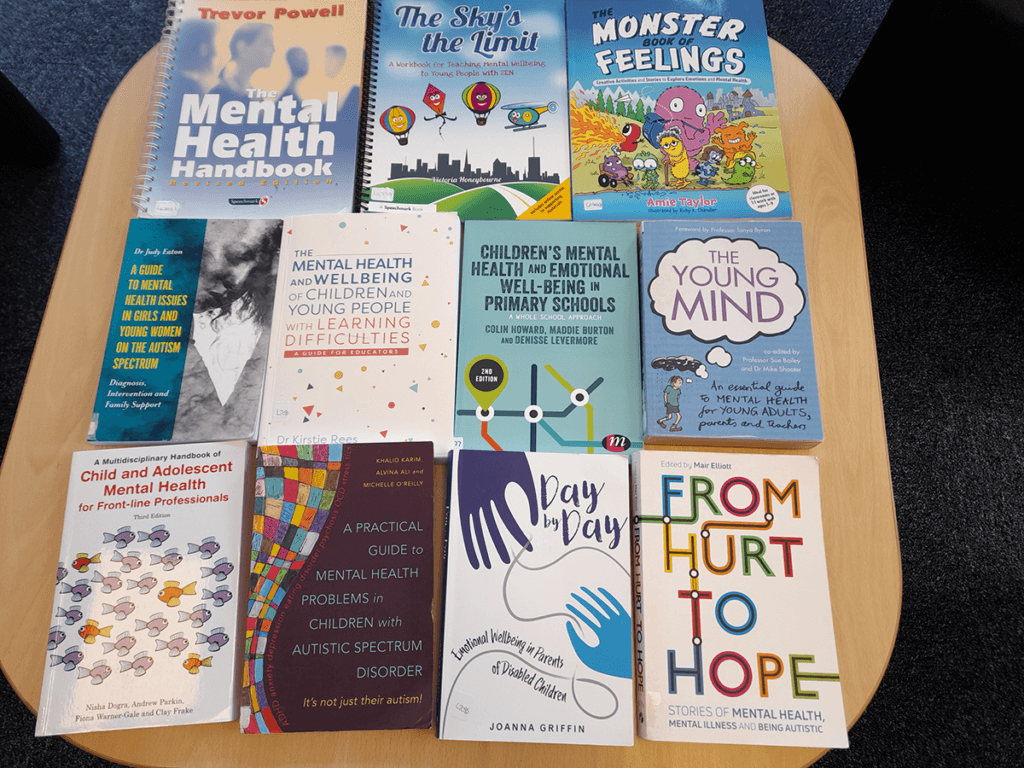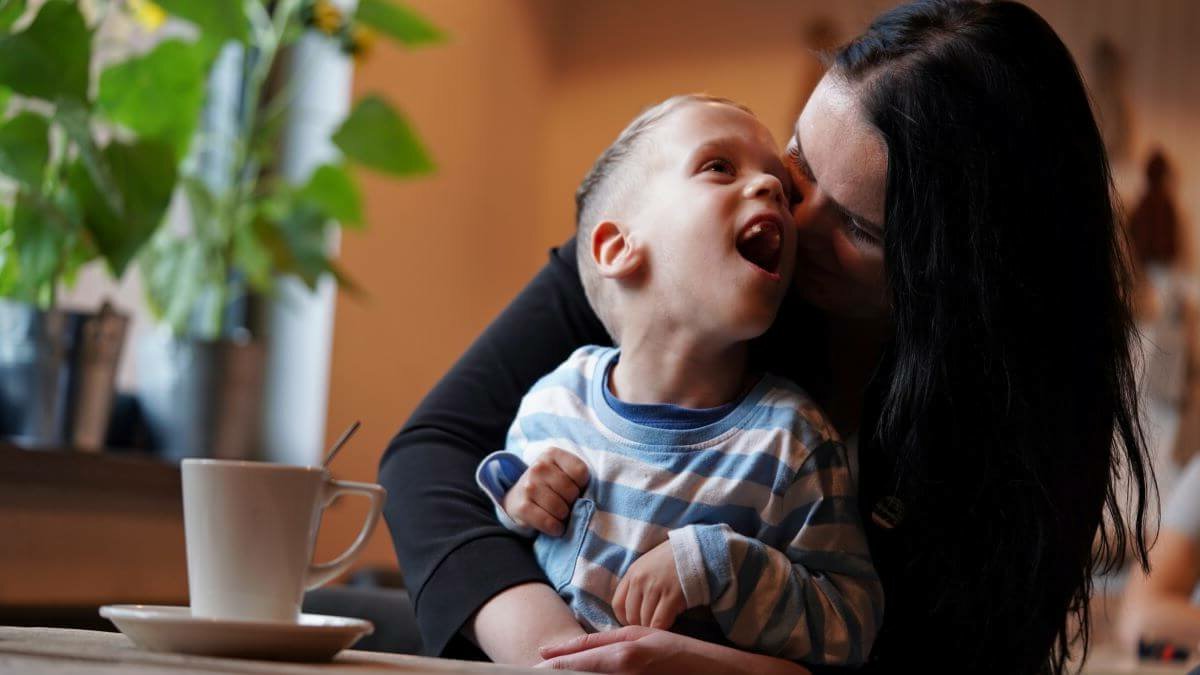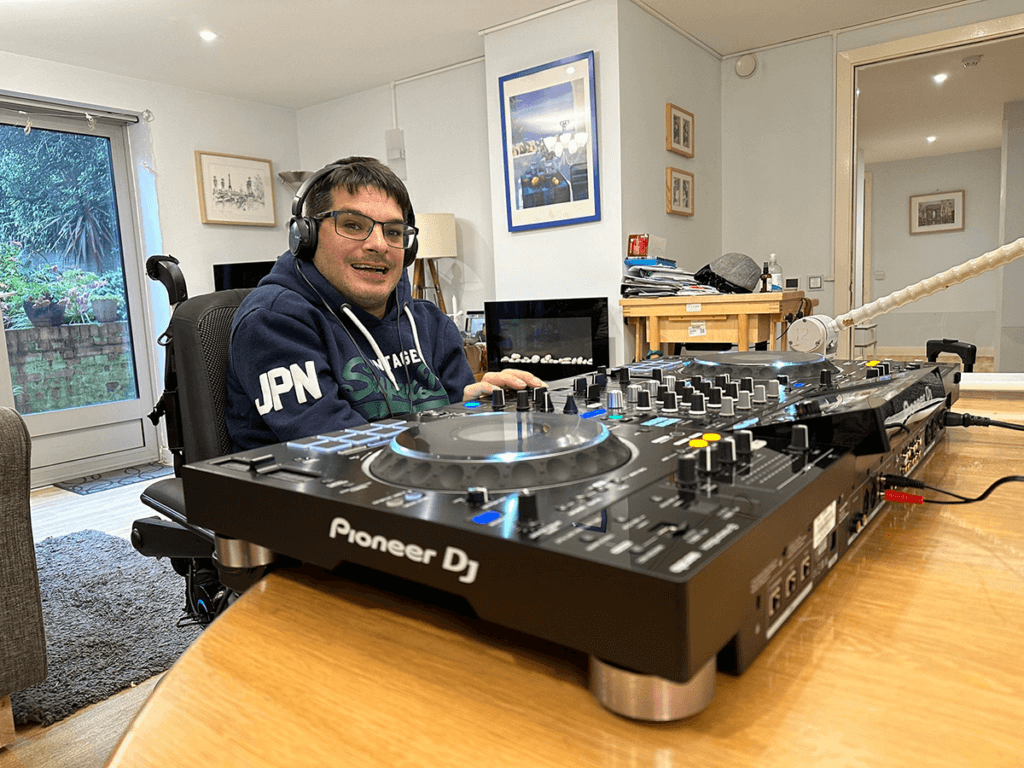Over the past three years, Cerebra has proudly funded a pioneering research programme at Barcelona’s Clinical and Research Centre of Maternal/Foetal and Neonatal Medicine (BCNatal), focused on understanding and improving foetal brain health.
The programme, titled “Preventing Prenatal Brain Damage with New Tools for Improved Risk Identification and Therapy,” aimed to address the critical window of prenatal development. Early brain formation is a delicate and complex process, where even subtle environmental changes can have lasting impacts on a child’s future health. Our goal in supporting this research was to foster innovations that could provide better diagnostic tools and early interventions, helping to ensure that children at risk receive the support they need from the very beginning of life.
Identifying a Critical Need: Why Cerebra Chose to Fund This Research
We chose to fund this programme because of the vital importance of foetal brain health. During pregnancy, environmental, genetic, and lifestyle factors can influence how the brain develops. It is estimated that one in ten children will experience neurodevelopmental challenges, with over half of these cases linked to events occurring before birth. These complications can manifest in many forms, including delays in cognitive development, social difficulties, and physical challenges that affect the child throughout life.
Our investment in this project was based on the opportunity it presented to create meaningful, long-term change. By identifying high-risk pregnancies early, using advanced diagnostic techniques, and developing preventive therapies, the programme has opened doors to interventions that could mitigate the risk of lifelong disabilities. For many families, the impact of early detection and intervention could make a profound difference in the quality of life for their children.
Overview of Key Research Achievements
The BCNatal research team, led by Eduard Gratacós, has made ground-breaking progress in several key areas. Their work focused on three main objectives: identifying risk factors for prenatal brain damage, developing new diagnostic tools, and evaluating early interventions to protect and enhance foetal brain health. Below are some of the key outcomes that illustrate the impact of this research:
Risk Identification in Pregnancy Complications: The research team identified several pregnancy-related conditions that can disrupt foetal brain development. In particular, they found that assisted reproductive technologies (ART) can pose risks to brain development. For example, foetuses conceived through fresh embryo transfer in IVF displayed notable differences in cortical development compared to those conceived naturally or via frozen embryo transfer.
This discovery highlights the importance of choosing safer reproductive techniques to optimise offspring health. Furthermore, the team explored complications like intrauterine growth restriction (IUGR) and preeclampsia, showing that these conditions can affect foetal brain oxygenation and overall brain structure. These insights provide a pathway for better understanding and managing high-risk pregnancies, potentially leading to improved neurodevelopmental outcomes.
2. Developing New Imaging Biomarkers for Early Detection: Traditional imaging techniques like MRI are expensive and not widely accessible. The team made strides in using advanced ultrasound technology, which is more affordable and accessible, to detect subtle changes in foetal brain structure. Through artificial intelligence (AI), they developed new methods to assess brain development and identify foetuses at risk of developmental issues. Notably, they demonstrated that foetal Doppler ultrasound could measure blood flow to the brain, accurately identifying babies at risk of brain injury. This method has already shown clinical impact and could soon become part of standard prenatal care, allowing for earlier and more frequent brain assessments.
3. Intervention and Prevention Strategies: The IMPACT BCN trial, a central part of this research, focused on lifestyle interventions during pregnancy to improve foetal health outcomes. Over 1,200 pregnant women participated in this trial, which explored the effects of a Mediterranean diet and mindfulness-based stress reduction. The results were ground-breaking.
Both interventions led to reductions in low birth weight—a major risk factor for neurodevelopmental problems. Women who followed a structured Mediterranean diet or participated in mindfulness practices had healthier pregnancies, with a 29-36% reduction in the incidence of low birth weight compared to those receiving standard care. These findings emphasise the potential of non-pharmacological, accessible interventions in improving pregnancy outcomes, empowering women with dietary and mental health strategies to support their babies’ development(see 1, 2, 3, 4 below).
Significance of the Findings: Scientific and Societal Impact
The outcomes of this research have already begun to shape scientific understanding and public health initiatives. Clinically, the development of accessible ultrasound-based imaging biomarkers could make a significant difference for healthcare systems by providing a practical and affordable means of assessing foetal brain health. The application of AI in these tools has shown promise in accurately identifying at-risk pregnancies, which could transform prenatal care, making it more precise and responsive.
On a societal level, the evidence supporting lifestyle interventions—like the Mediterranean diet and stress reduction—presents a new avenue for prenatal health strategies that can be implemented at low cost. This approach empowers mothers with proactive choices to benefit their child’s neurodevelopment even before birth. As healthcare providers integrate these findings, we anticipate a reduction in neurodevelopmental delays and associated healthcare costs, which will have lasting benefits for children, families, and communities.
A Shift in Focus: Acknowledging the Importance of Past Investments
We are proud of our role in supporting this essential work, and although our future focus has shifted, the progress made in this program underscores the lasting impact of the work we have supported. The research on prenatal brain health aligns perfectly with our long-standing commitment to advancing scientific knowledge and improving children’s quality of life.
We remain committed to honouring the work we have sponsored and celebrating its significance. This research has set a strong foundation that other organisations can continue building upon. As we reflect on the programme’s legacy, we reaffirm our belief in the potential of early intervention and the profound effect that even modest lifestyle adjustments can have on a child’s future.
Looking Ahead: Building on this Legacy
As the BCNatal team continues to analyse the data from the IMPACT BCN trial and related studies, we are optimistic about further advancements in prenatal care. Ongoing work will refine these intervention strategies and expand on the imaging tools developed, ensuring that these insights reach a wider audience of healthcare providers, parents, and policymakers.
Although Cerebra’s funding has concluded, we are confident that the progress achieved through this research will continue to drive improvements in prenatal care and inspire further innovation in the field. As we celebrate the achievements of this programme, we look forward to a future where prenatal brain health is a standard consideration in maternity care worldwide, ensuring that every child has the best possible start in life.
Read the final report in full here.
References
- Mediterranean diet or mindfulness during pregnancy reduces by one third the risk of a low birth weight baby – Cerebra
- The Mediterranean diet and maternal stress reduction during pregnancy improve infant neurodevelopment – Cerebra
- Lifestyle interventions during pregnancy improves child neurodevelopment – Cerebra
- Exploring the Benefits of Lifestyle Interventions in Pregnancy – Cerebra









